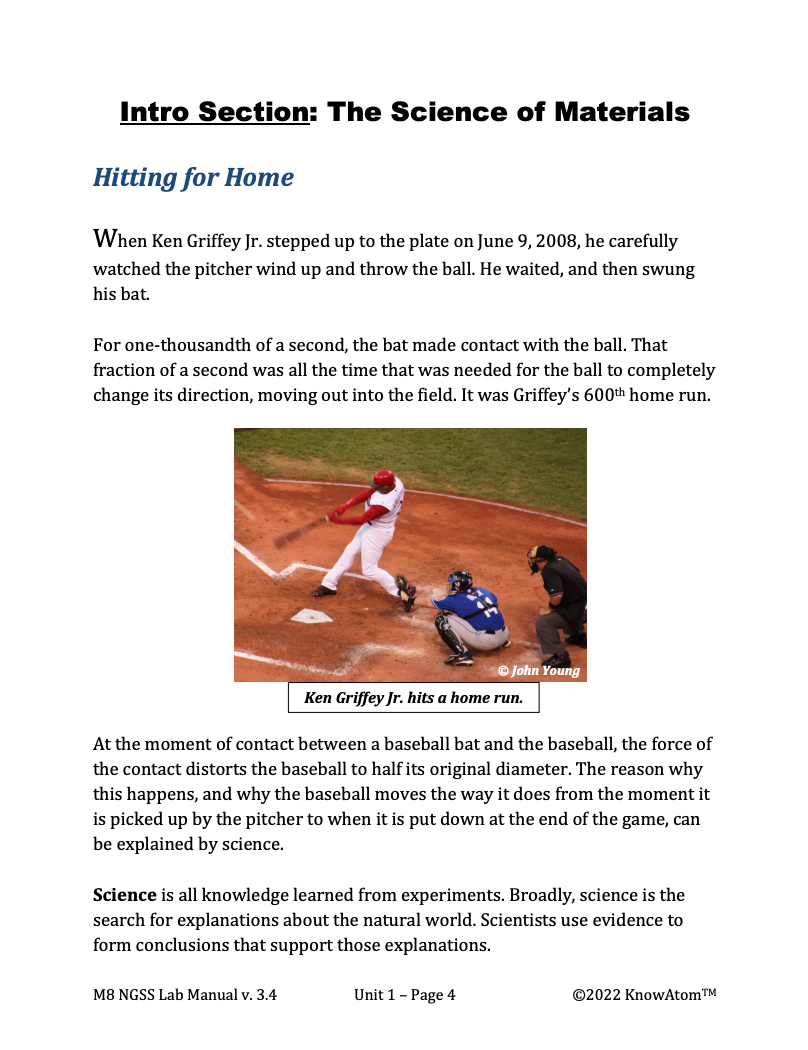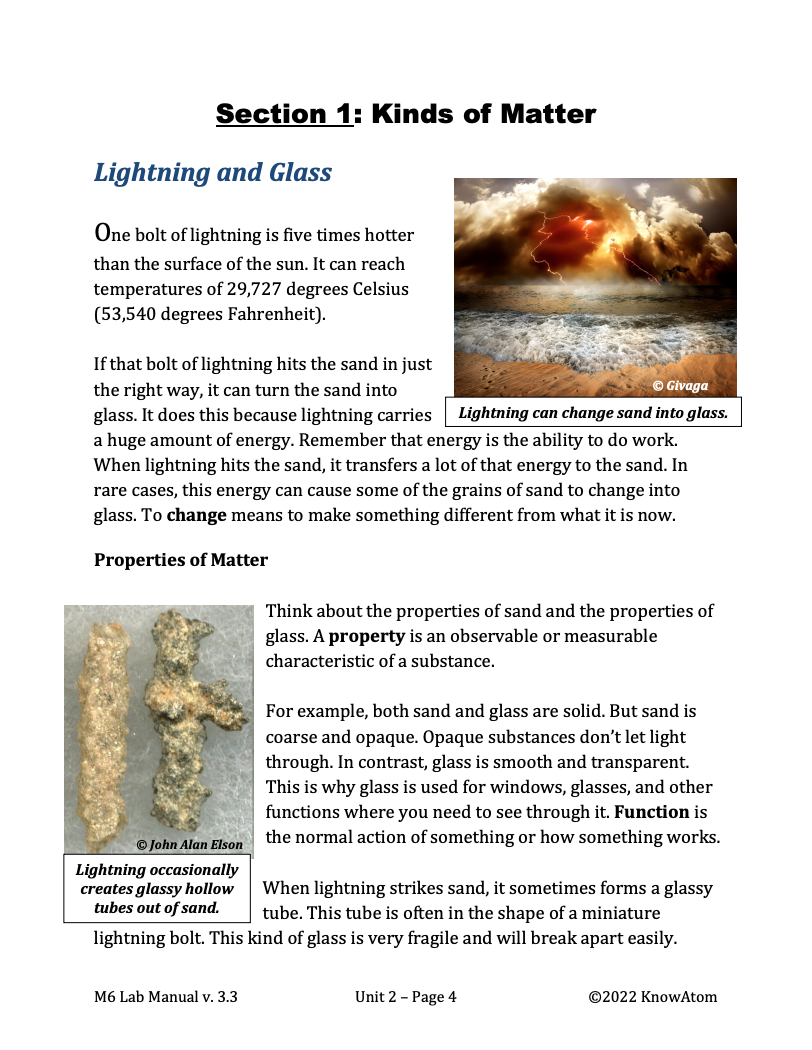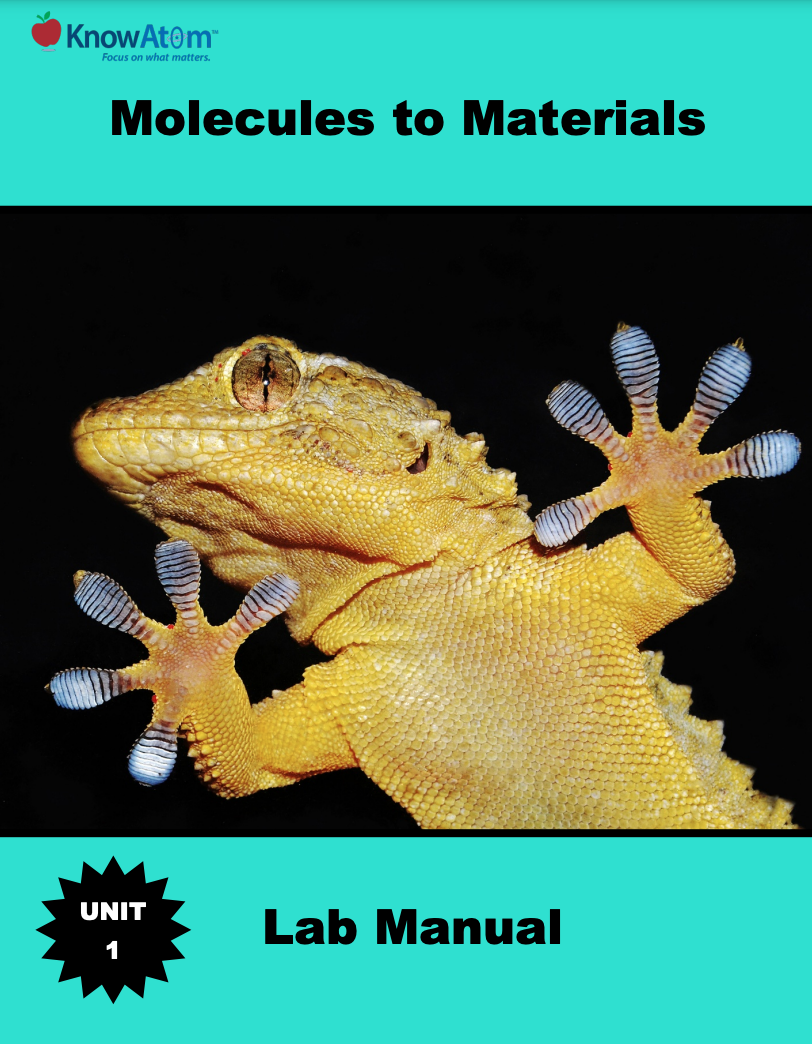.png)
In this unit, students focus on interactions between matter and energy. In this lesson, students figure out the endothermic and exothermic phenomenon of chemical hot and cold packs to analyze matter and energy in different kinds of chemical reactions. This page is a high-level extract of this lesson.
.png)
In this unit, students use what they know about the relationship between energy and matter to investigate phenomena of how energy powers the cycling of Earth materials. They begin with this lesson on modeling the Earth processes that form different kinds of rock. This page provides an overview of this lesson.

In this unit, students use the phenomenon of why certain materials (such as the materials that make up a baseball) are useful for a particular function to explore the relationship between matter and energy phenomena. In this lesson students manipulate the properties of a polymer bouncy ball by changing the amounts of reactants in a chemical reaction. This page highlights parts of this lesson.

In this unit, students build on their knowledge of energy by exploring the relationship between energy and matter. In this lesson students conduct an investigation into the science phenomenon of how energy is transferred in an endothermic reaction. This page provides an overview of this lesson.

In this unit, students are introduced to matter and energy as they learn about how scientists and engineers design materials with specific properties to address a wide range of societal needs. They focus on the basic structure of matter, and how energy changes matter in physical and chemical changes. In this lesson, students focus on the role of energy in changing matter during a chemical reaction phenomena between two substances. This page provides an overview extract of this lesson.
Standards citation: NGSS Lead States. 2013. Next Generation Science Standards: For States, By States. Washington, DC: The National Academies Press. Neither WestEd nor the lead states and partners that developed the Next Generation Science Standards were involved in the production of this product, and do not endorse it.
